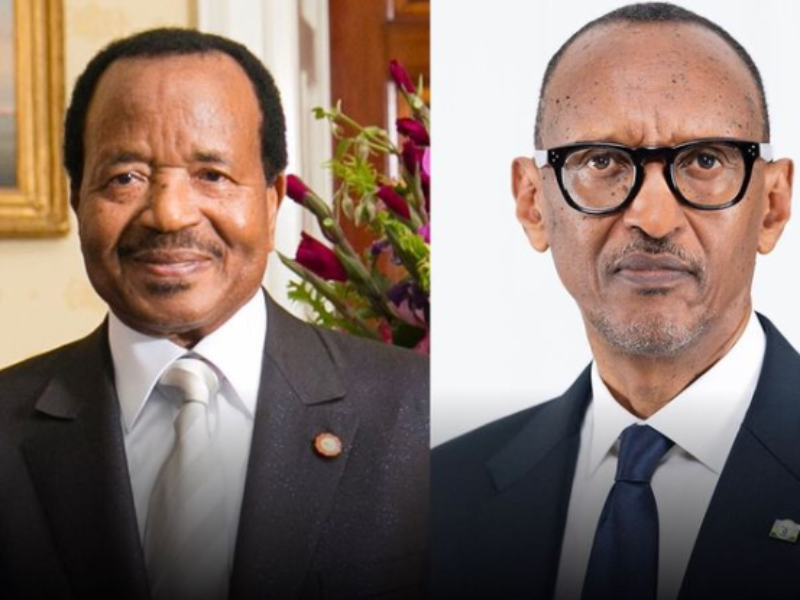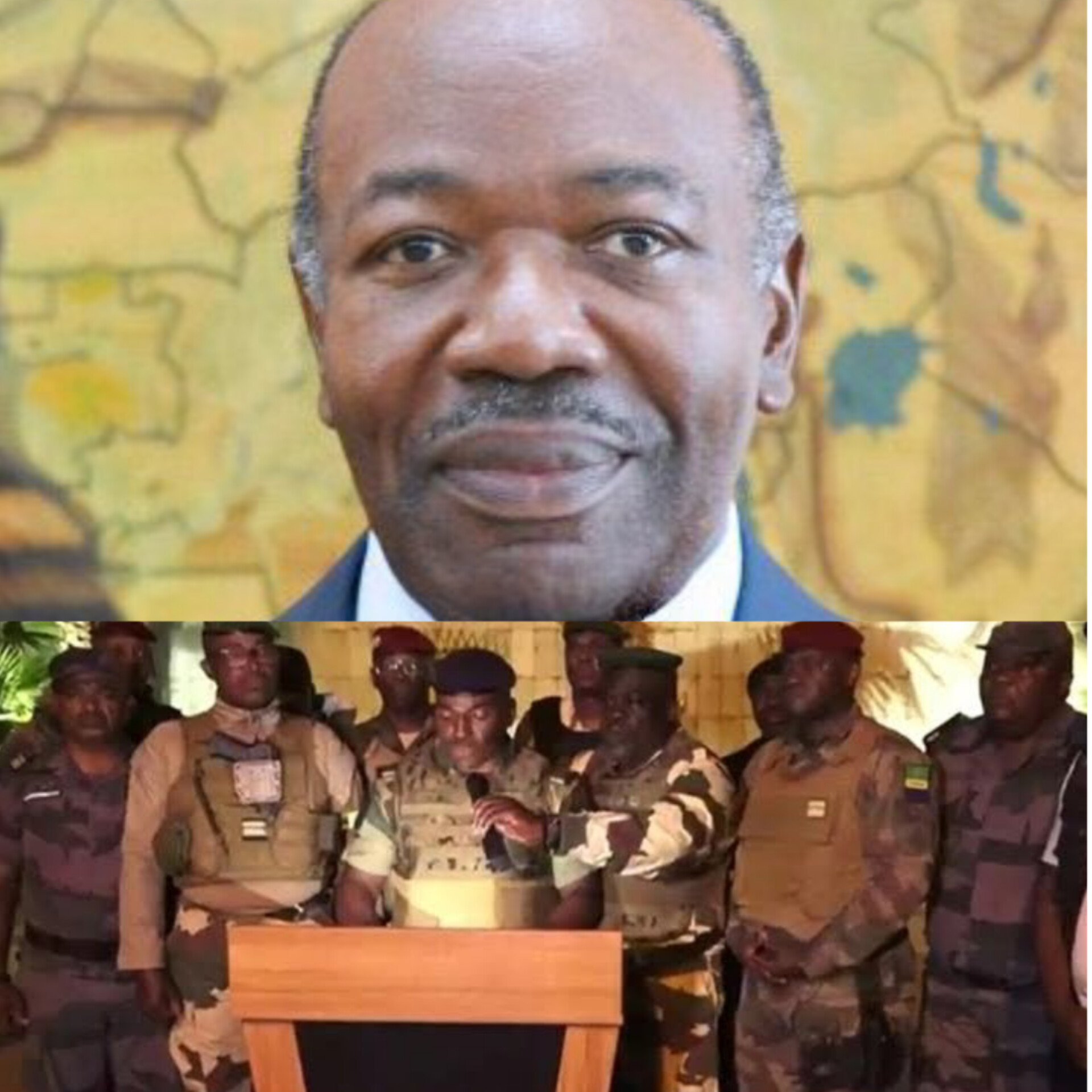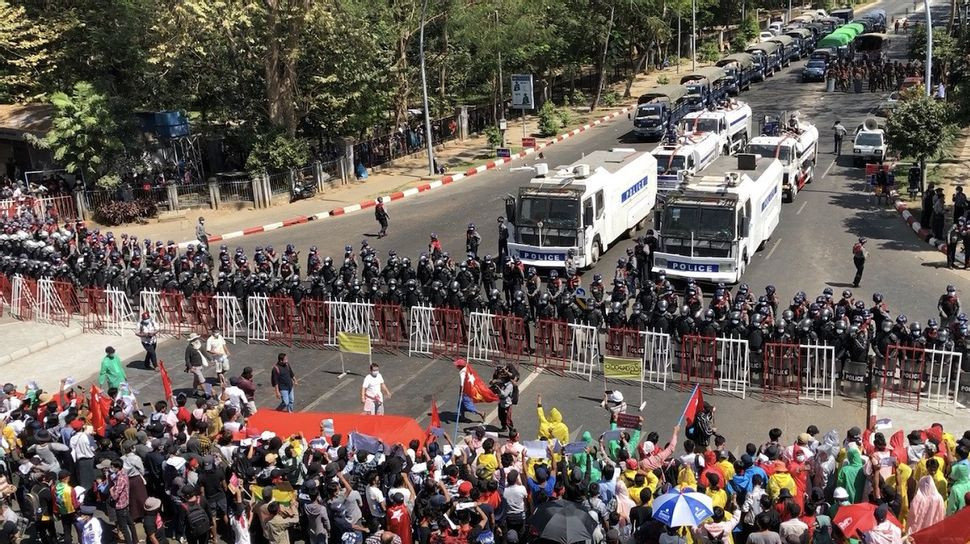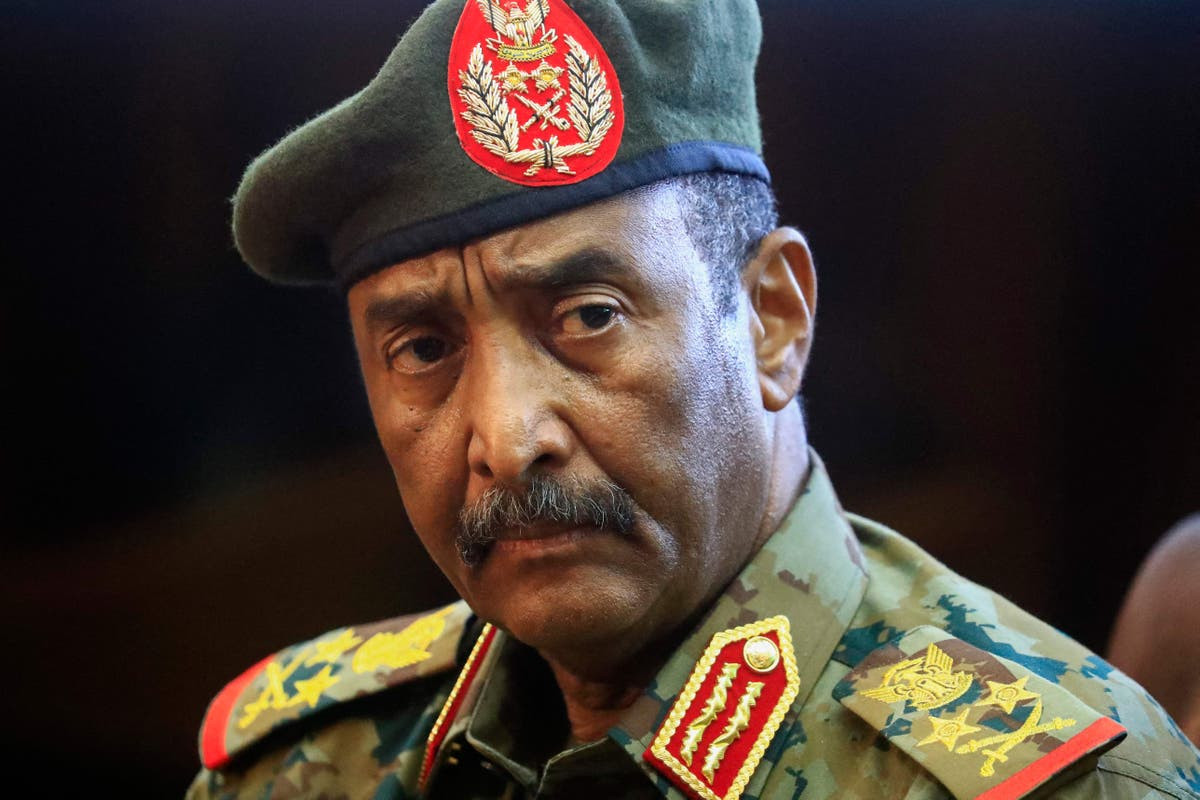Politics
Gabon Coup: Rwandan President Kagame and Cameroonian President Biya Make Military Changes
In a strategic move aimed at preventing potential power shifts reminiscent of recent events in Niger and Gabon, Rwandan President Paul Kagame, aged 65, and Cameroonian President Paul Biya, aged 90, have made significant changes to their military leadership, as confirmed by their official press statements.

President Kagame of Rwanda has executed a comprehensive overhaul, relieving almost 200 military officials of their positions. This includes the removal of high-ranking personnel such as two four-star generals, James Kabarebe and Fred Ibingira, and two three-star generals, Charles Kayonga and Frank Mushyo Kamanzi. The Rwandan publication The New Times reported the changes, citing an official government communication released on Wednesday.
Known for his stern approach towards media and opposition, President Kagame also made retirements within the ranks. A total of 83 senior officers, 06 junior officers, and 86 senior non-commissioned officers were retired. Additionally, 678 end-of-contract officers were discharged, while 160 individuals were medically discharged, the government statement explained.
Similarly, President Biya of Cameroon, who predominantly resides in Switzerland, is taking steps to solidify his grip on the nation. Promptly reshuffling the military personnel across the army, air force, and marine sectors, he is aiming to ensure stability within his country.
These strategic maneuvers in Rwanda and Cameroon occurred shortly after a coup transpired in Gabon, where President Ali Bongo Ondimba was dethroned and placed under house arrest by military forces. Interestingly, the decisions made by Presidents Kagame and Biya did not explicitly reference the events in Niger and Gabon, signaling their proactive approach to maintaining internal control and stability.
As the leaders of these African nations make these significant changes to their military structures, observers are keen to analyze the impact of these decisions on their countries’ political landscapes and international relations.





